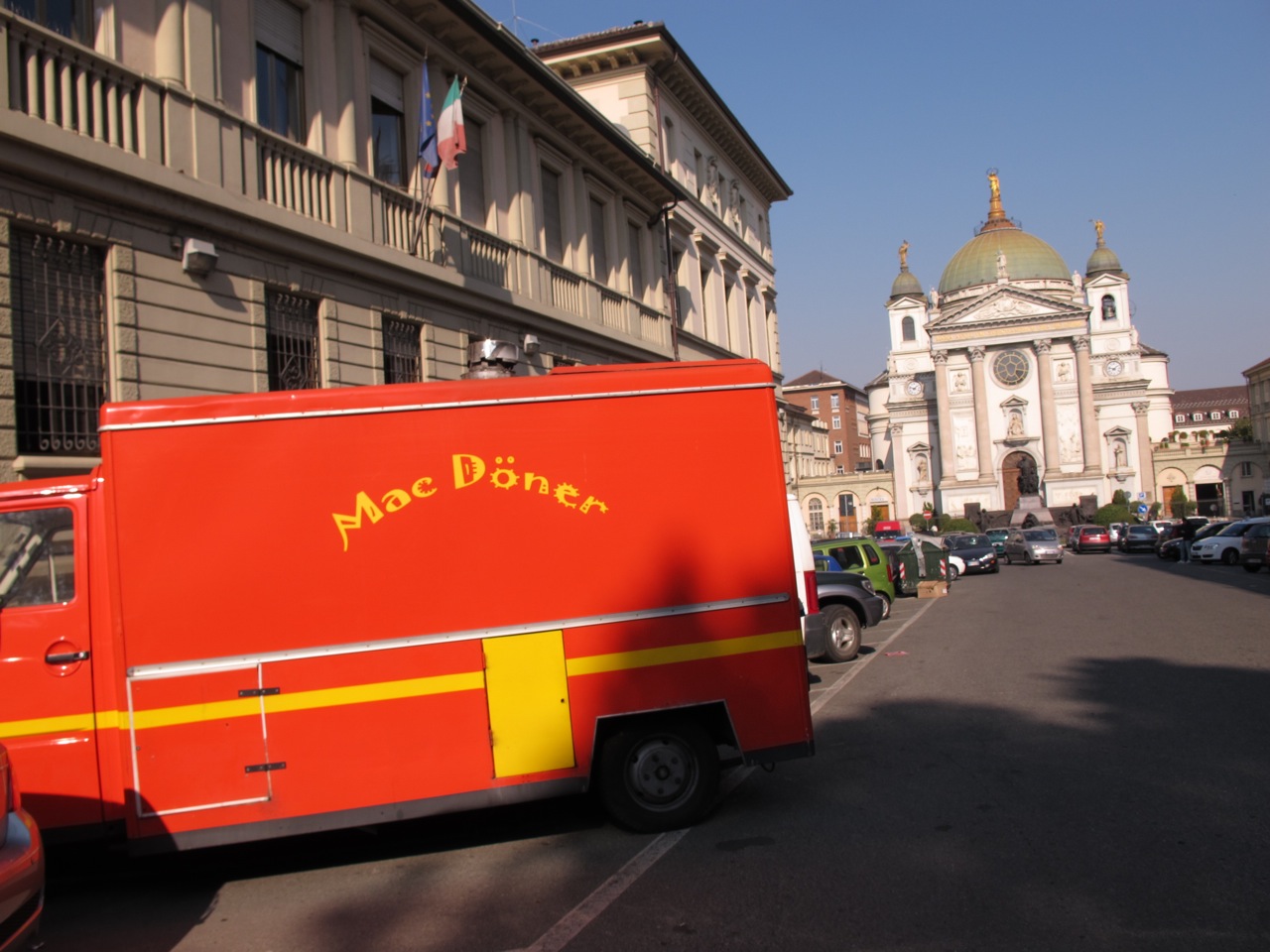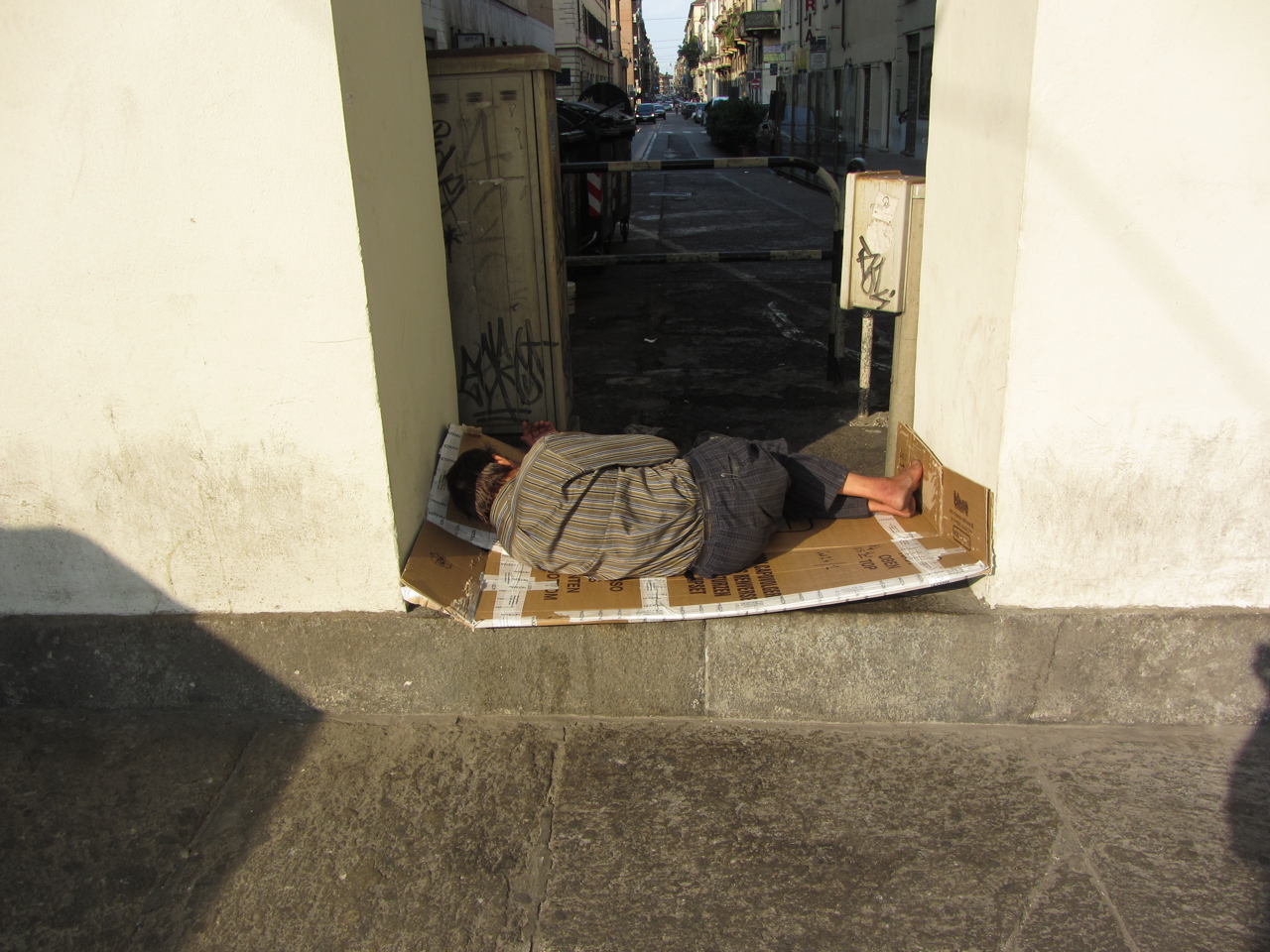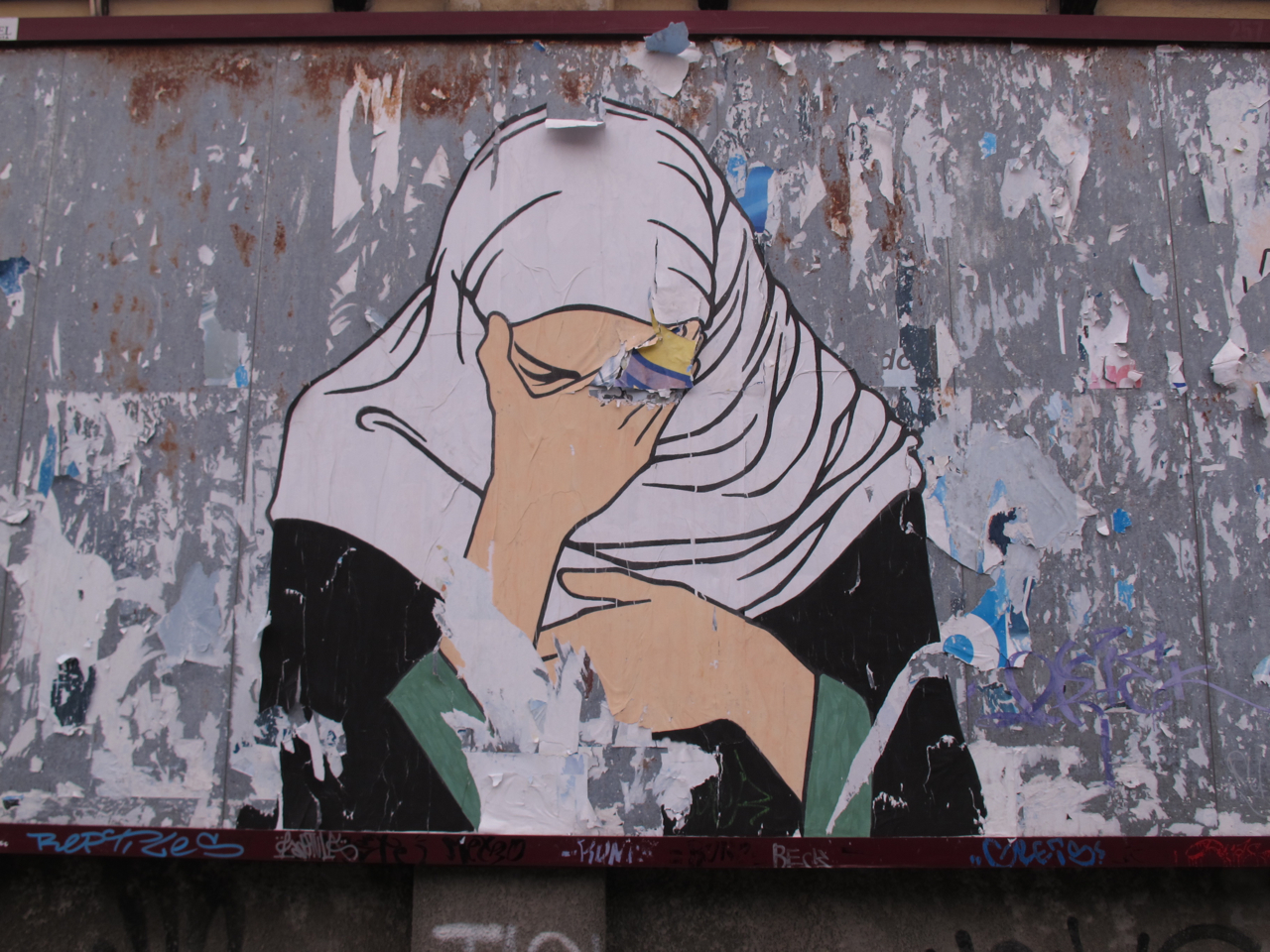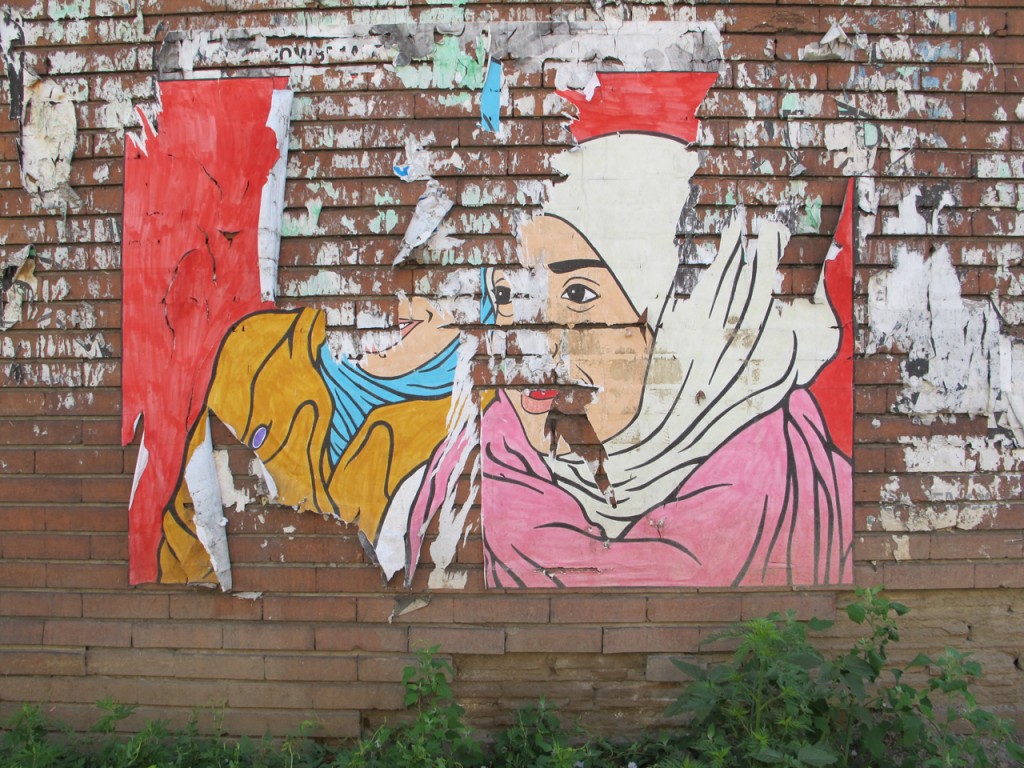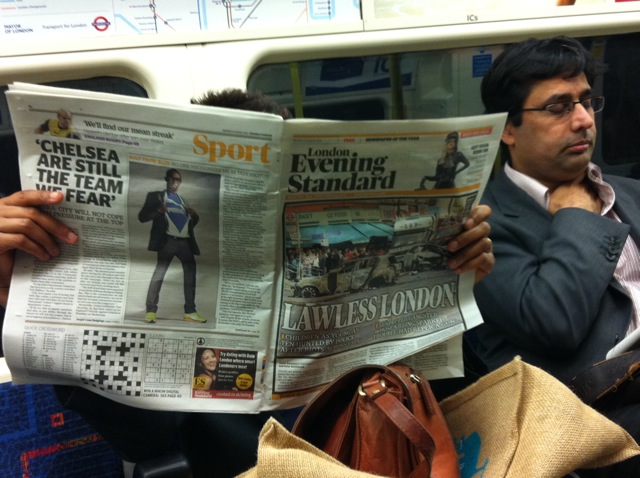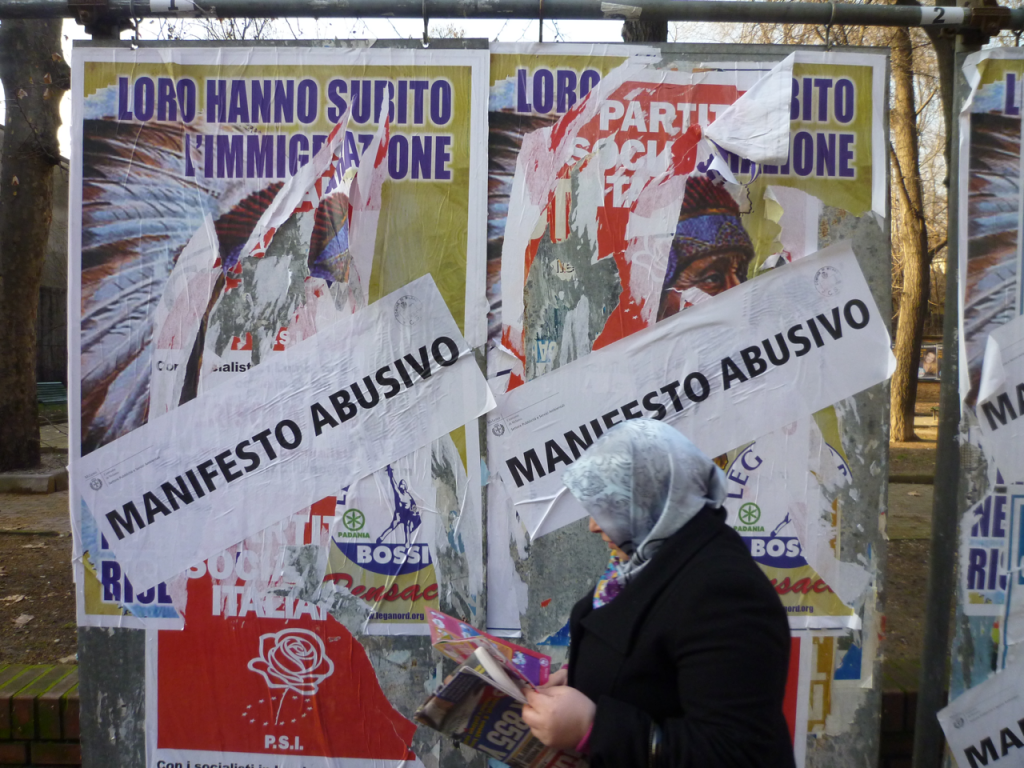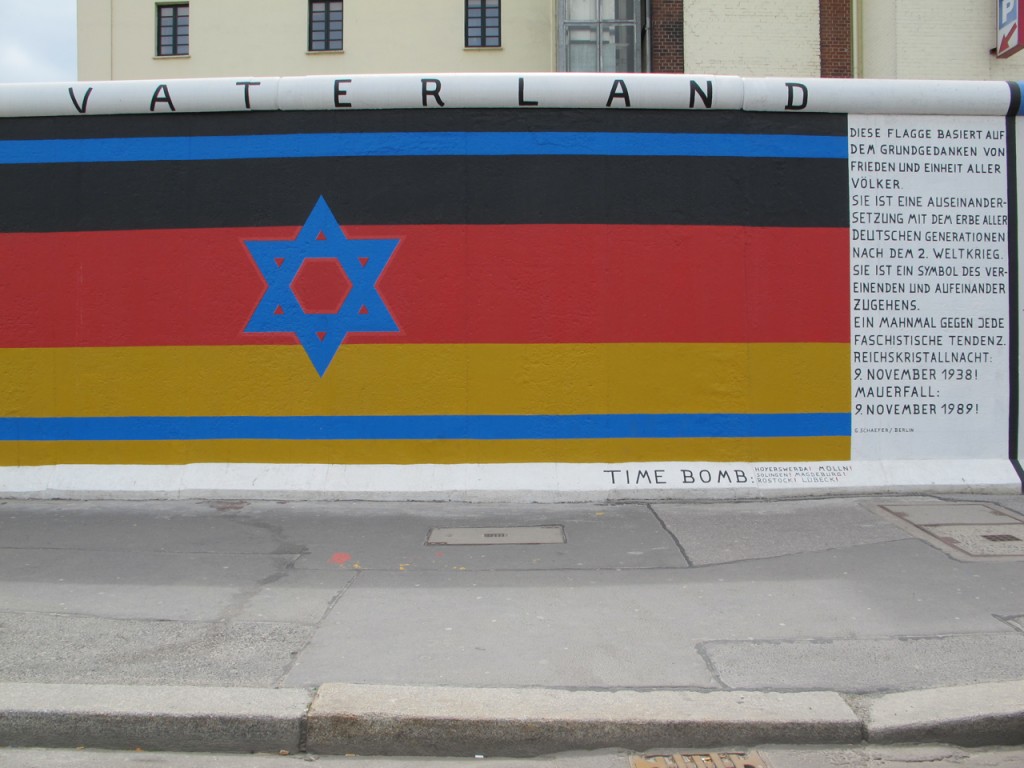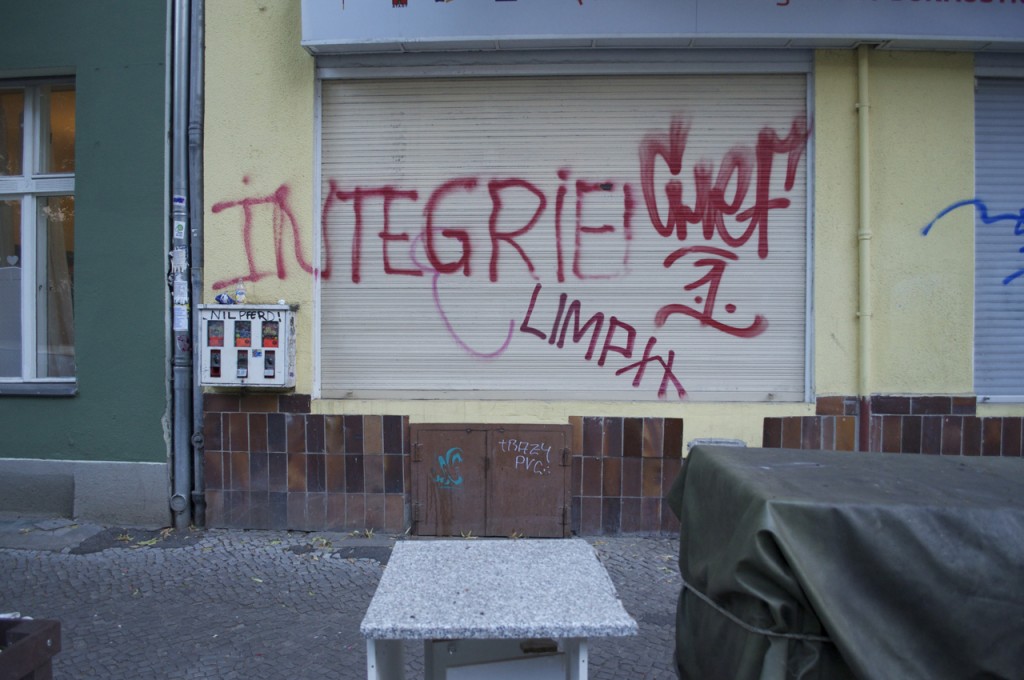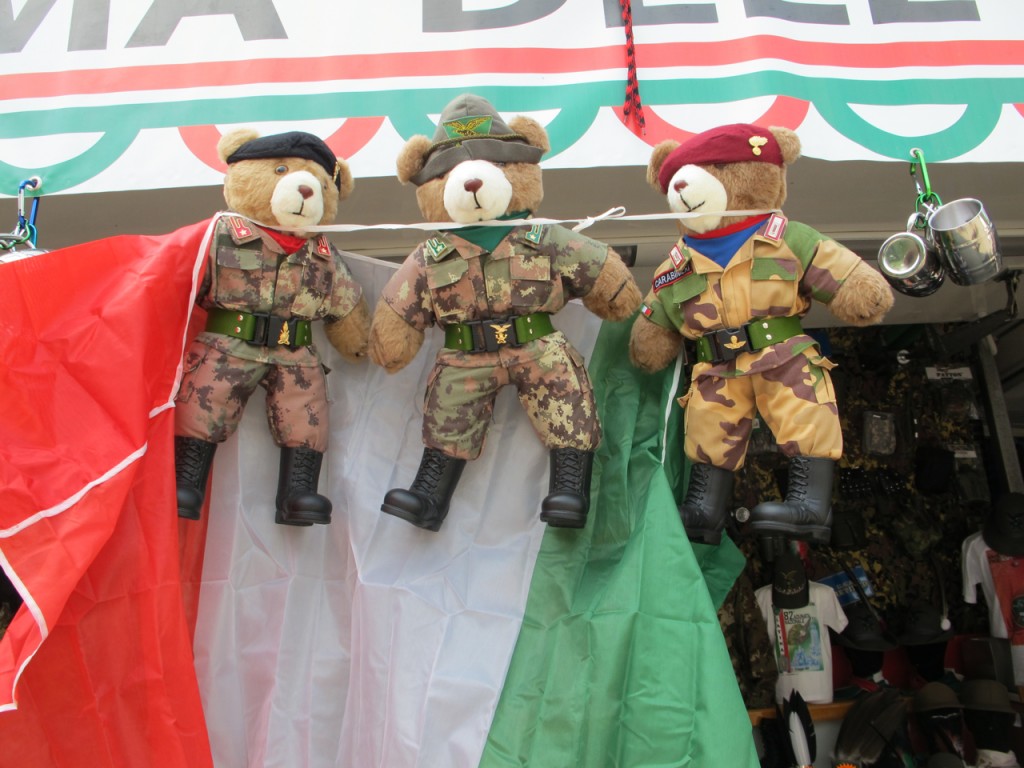The falafel was unlike any I’d ever seen. If the waiter had not identified it as such to the customer seated next to us, I’m not sure I’d have even known what it was. Cylindrical, toasted dark brown, they could very well have been kibbeh, pinecone-shaped, fried bulghur wheat pastries, stuffed with onions, ground meat, and pine nuts. (More…)
Author: Joel SchalitJoel Schalit is the author of several books, including the critically-acclaimed Israel vs. Utopia, and Jerusalem Calling. Schalit has edited some of America’s most influential independent magazines, including Punk Planet and Tikkun, and has contributed to such news outlets as France 24, The Guardian, and openDemocracy. A founding editor of one of the world’s first online magazines, Bad Subjects, Schalit began his publishing career in high school as an intern at Mother Jones. A former member of 1990s pranksters Christal Methodists, he currently pushes buttons for post-rock duo Elders of Zion. Based in Berlin, Schalit serves as the English-language News Editor for the EurActiv network.
Joel Schalit is the author of several books, including the critically-acclaimed Israel vs. Utopia, and Jerusalem Calling. Schalit has edited some of America’s most influential independent magazines, including Punk Planet and Tikkun, and has contributed to such news outlets as France 24, The Guardian, and openDemocracy. A founding editor of one of the world’s first online magazines, Bad Subjects, Schalit began his publishing career in high school as an intern at Mother Jones. A former member of 1990s pranksters Christal Methodists, he currently pushes buttons for post-rock duo Elders of Zion. Based in Berlin, Schalit serves as the English-language News Editor for the EurActiv network.
If this were a music mag, it would have made for a great advert. “Rage against the machine,” read the headline gracing the cover of the October 22nd edition of The Economist. The subheadline, however, was a bit more in keeping: “Capitalism and its critics.” Reinforcing the message was a photo of a concerned young man next to a US flag, a dollar bill taped across his mouth. (More…)
We were in their way. “Excuse me,” interjected the most assertive of the women. She looked anxious. Embarrassed, I let her by. Two Israeli men, deep in conversation, about money, had inadvertently blocked a group of young hijab-wearing Muslims from London’s Green Park tube station. I wanted to say something to my friend, but he beat me to it. (More…)
“Grazie Napoli!” read the sign. Written by hand on a legal-sized sheet of white paper, it was taped to the end of a small wooden table in the middle of the square. Surrounded by young Italian families and neighborhood shop owners nibbling on aperitivos, drinking matching plastic cups of red wine, our neighbors repeatedly made toasts. A squad of Italian soldiers looked on at the crowd, expressionless. The contrast was a bit unnerving. (More…)
She said she was in favor immigration. Just not “this immigration,” meaning the current wave of immigrants arriving on Italy’s shores. Stating that EU immigration policy had “totally failed,” Souad Sbai blamed NATO’s Libyan campaign for creating the current refugee crisis, telling her host that Europe is better prepared to fight wars than deal with immigration. She called for a Marshall plan for North Africa, as proper recompense for its oil. (More…)
Slowly, they surrounded us. Clad in black North Face jackets, hoods pulled tightly over their heads, they quietly looked my friend and I over. Judging from their body language, these young men — six, possibly seven — were absolutely bewildered. They spoke softly amongst themselves, revealing what sounded like French African accents, perhaps Senegalese, or from the Ivory Coast. (More…)
During the four and a half years that I lived in London, I always found that I did my best reading on the tube. Not necessarily of my own books or periodicals (though I always had one or the other on me) but the newspapers I found other passengers reading. As an immigrant youngster, at first I imagined that the headlines I encountered represented the opinions of the British. As I grew older, and began returning to the country as a journalist, I of course learned otherwise. (More…)
For twelve months, my wife and I lived in a large 1950s apartment building on Milan’s Piazzale Loreto. Not exactly a tourist destination, the busy square is best-known to historians for having hosted the bodies of Benito Mussolini and that of his mistress, Clara Petacci, after they were killed by partisans. Immediately adjacent to place their corpses were hung, our home always held a certain kind of political significance, that as foreigners, we weren’t expecting to encounter. (More…)
Alex Stein was anxious. Condemning leftist Jewish pundits for publicizing Norwegian terrorist Anders Breivik’s affinity for Zionism, the Tel Aviv-based British blogger cried anti-Semitism. “Those on the left who use the arguments outlined above are seeking to demonize whole communities for the crimes of one murderous wing nut,” Stein thundered in The Forward, four days after the Oslo attacks. (More…)
Hans-Peter Friedrich knows the score. Asked whether Germany could suffer from the sort of violence committed by Anders Breivik, Friedrich said, “There are no indications at present of right-wing terrorist activities.” Though he sounded cautious, noting that the attacks “show again what dangers fanatical lone perpetrators can pose,” the Interior Minister remained confident. (More…)
Collegno is not the first place you’d choose to receive a refresher on genocide. A small working class municipality on Torino’s west side, in my household, its claim to fame is its Ikea. Step inside on a Sunday afternoon, and you’ll find the cafeteria packed with local families enthusiastically gorging on plates of Swedish meatballs. (More…)
The morning I returned from the US, every paper was carrying the same cover story: Six Italian soldiers had been killed by a suicide bomber in Kabul. Corriere Della Serra, La Repubblica, even the local edition of The Metro, all seemed to be working with the same set of photos of the event’s aftermath. For the first time since we’d moved to Milano, it was like overhearing an entire country sighing, simultaneously. From left to right, the reaction was the same. Everyone was in a state of shock. (More…)
